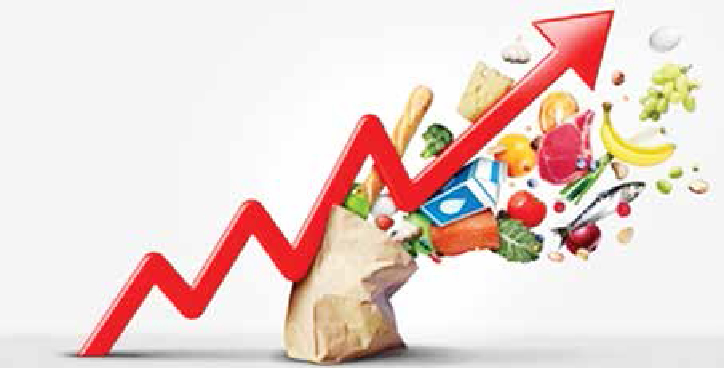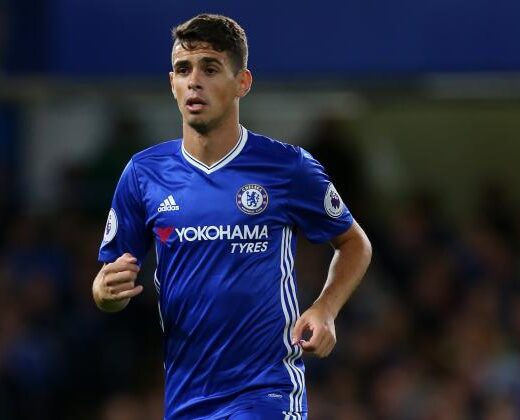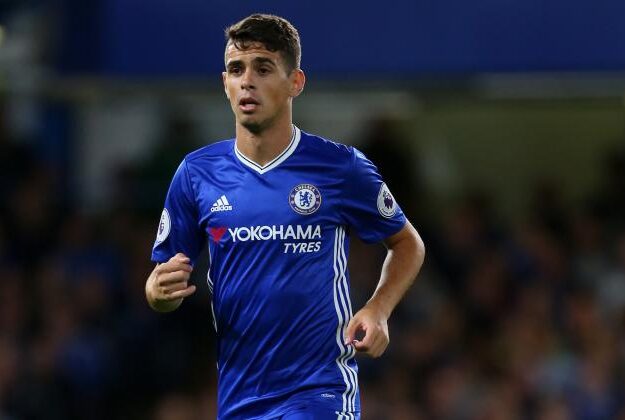
The National Bureau of Statistics has said Nigeria’s headline inflation rate increased to 22.04 per cent on a year-on-year basis in March, still maintaining the highest rate since September 2005.
This is the third consecutive rise this year, increasing by 0.13 per cent points when compared to February 2023 headline inflation rate.
The newly released inflation report read, “In March 2023, the headline inflation rate rose to 22.04 per cent, compared to February 2023 headline inflation rate which was 21.91 per cent.
“Looking at the trend, the March 2023 inflation rate showed an increase of 0.13 percentage points when compared to February 2023 headline inflation rate.
“On a year-on-year basis, the headline inflation rate was 6.13 percentage points higher compared to the rate recorded in March 2022 which was 15.92 per cent.
“This shows that the headline inflation rate (year-on-year basis) increased in March 2023 when compared to the same month in the preceding year (i.e., March 2022).”
The NBS added that the cost of food and beverages contributed significantly to overall inflation.
“The contributions of items on the divisional level to the increase in the headline index are food and non-alcoholic beverages (11.42 per cent); housing, water, electricity, gas, and other fuel (3.69 per cent); clothing and footwear (1.69 per cent); transport (1.43 per cent); furnishings, household equipment and maintenance (1.11 per cent); education (0.87 per cent); health (0.66 per cent); miscellaneous goods and services (0.37 per cent); restaurant and hotels (0.27 per cent); alcoholic beverage, tobacco and kola (0.24 per cent); recreation and culture (0.15 per cent) and communication (0.15 per cent),” the report added.
It was also noted that those in the urban areas suffered a higher inflation rate of about 23.07 per cent, unlike those in the rural areas, with a 21.09 per cent.
This overall increase occurs despite the tightening monetary policies of the Central Bank of Nigeria to curb inflation.
Last year, the apex bank decided to continuously hike interest rates as well as introduce the naira redesign policy to control the amount of cash in circulation.
The central bank has increased the interest rate six times since last year from 11.5 per cent to 19 per cent.
The CBN Governor, Godwin Emefiele, had said that the decision to keep hiking the MPR was taken to address inflation.
Despite the adverse effect of the hike on the organised private sector, the CBN maintained that it would continue the hike until inflation fell below 15 per cent.
Checks by our correspondent revealed that the last time the monthly inflation rate was below 15 per cent was in November 2020 at 14.89 per cent, which is about 27 months ago.
It was also observed that inflation was pegged at 17.16 per cent for 2023, according to the parameters and fiscal assumptions underpinning the 2023 Nigerian budget.
You may be interested

Fernandes Sent Off As Wolves End Man United Dominance
Webby - December 26, 2024Manchester United suffered a 2-0 defeat at Wolves in the Premier League Boxing Day fixture on Thursday.It was United’s third…

2024 CHANQ: History Not Kind To Us Against Ghana –Ogunmodede
Webby - December 24, 2024Home-based Super Eagles coach Daniel Ogunmodede says history has not been good to Nigeria when they face rivals Ghana.The home-based…

Ex-Chelsea Star Oscar Returns To Boyhood Club Sao Paulo
Webby - December 24, 2024Former Chelsea midfielder Oscar is returning to his Brazilian boyhood club Sao Paulo after 14 years, which included a long…


















![American Pastor, David Wilson Seen Eating The Box Of Woman Who Isn’t His Wife [Video]](https://onlinenigeria.com/wp-content/uploads/2019/10/american-pastor-david-wilson-seen-eating-the-box-of-woman-who-isnt-his-wife-video-150x150.jpg)







![EFCC Arrests Delta Chief For Internet Fraud, Seize His Expensive Cars And Mansion [Photos]](https://onlinenigeria.com/wp-content/uploads/2019/10/efcc-arrests-delta-chief-for-internet-fraud-seize-his-expensive-cars-and-mansion-photos-150x150.jpg)

